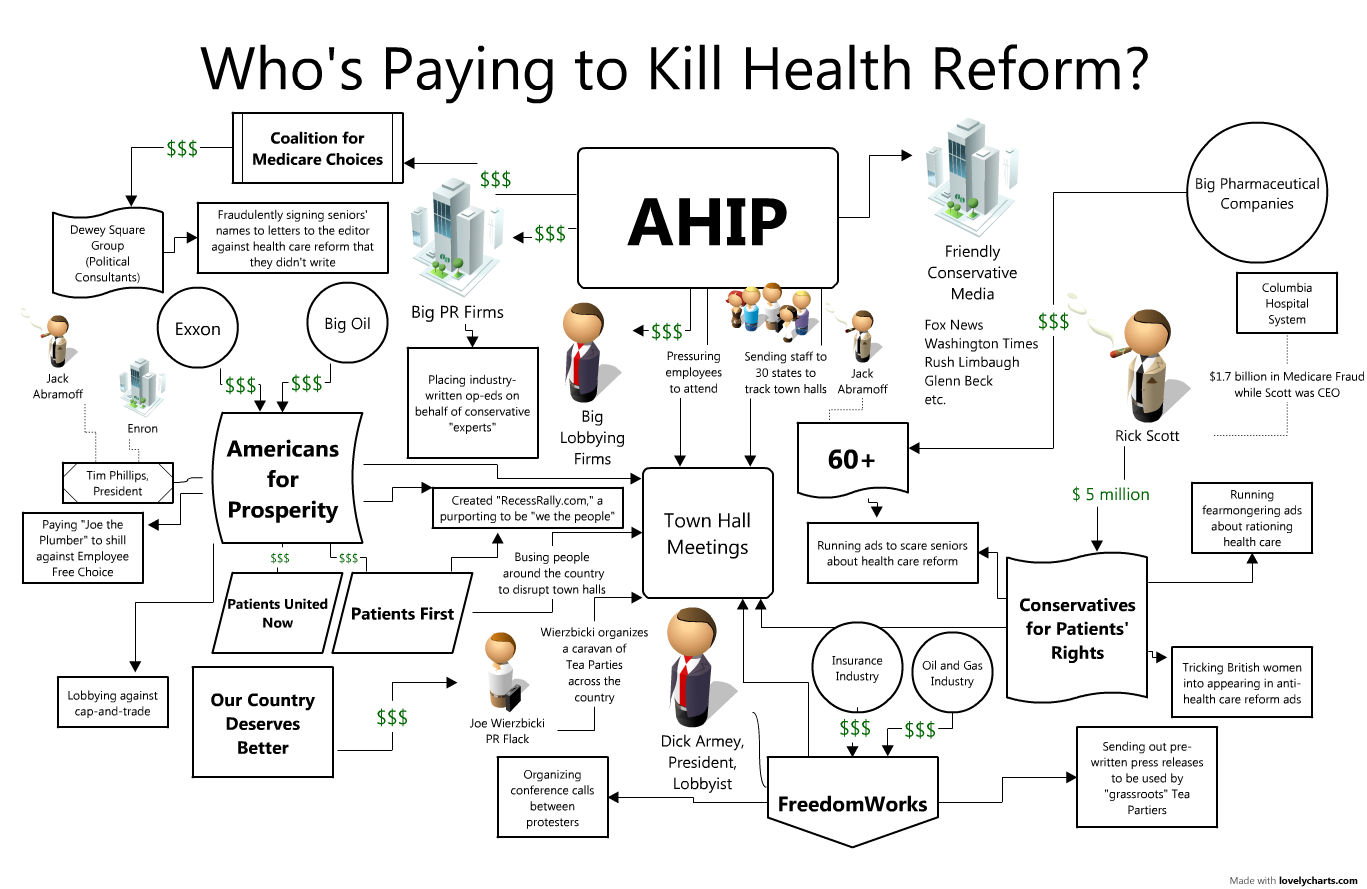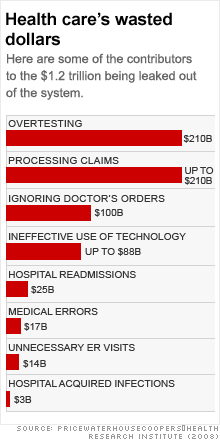Olin retorts:
I will call this woman and raise her the simple fact that our CURRENT health care system is already doing its best to kill my son. He's 44, and going on three weeks now in intensive care because of DPD Enzyme Deficiency. This came following successful tonsil cancer surgery. Tonsil cancer has a cure rate of above 90 percent, but his doctors decided on a short term of chemo and radiation just to be sure. Google DPD Enzyme Deficiency yourself and read the gory details of this affliction, directly caused by the 5FU chemo that was administered to my son.
It's a known side effect, and there's a test to determine if a cancer patient has the enzyme deficiency that leads to it, BUT insurance won't pay for it and i costs five thousand bucks. The deficiency is pretty rare, affecting maybe 8 percent of the folks in need of chemo, but the doctor NEVER gave my son, his wife or anybody else in the family either the name of this drug so WE could research it ourselves OR informed anyone of this particular possibility. They simply assumed we would not pay for the test, and while we might not have, it would have been nice to have a say in whether the dice were gonna be rolled with a vibrant young man's life.
If this is the system opponents of health care reform are defending, OR if President Obama's plan would preclude this test based on the odds, I would only say that I desperately hope you get what you want, and I might add, so richly deserve.
Frankly, I don't know if the Obama plan is the answer, but I do know this system is broken and people, young and old, are dying because of it. If not now, please tell me when? If not this plan, please offer up something other than the same old tired excuses that have been uttered since Truman tried a few reforms of the system.

